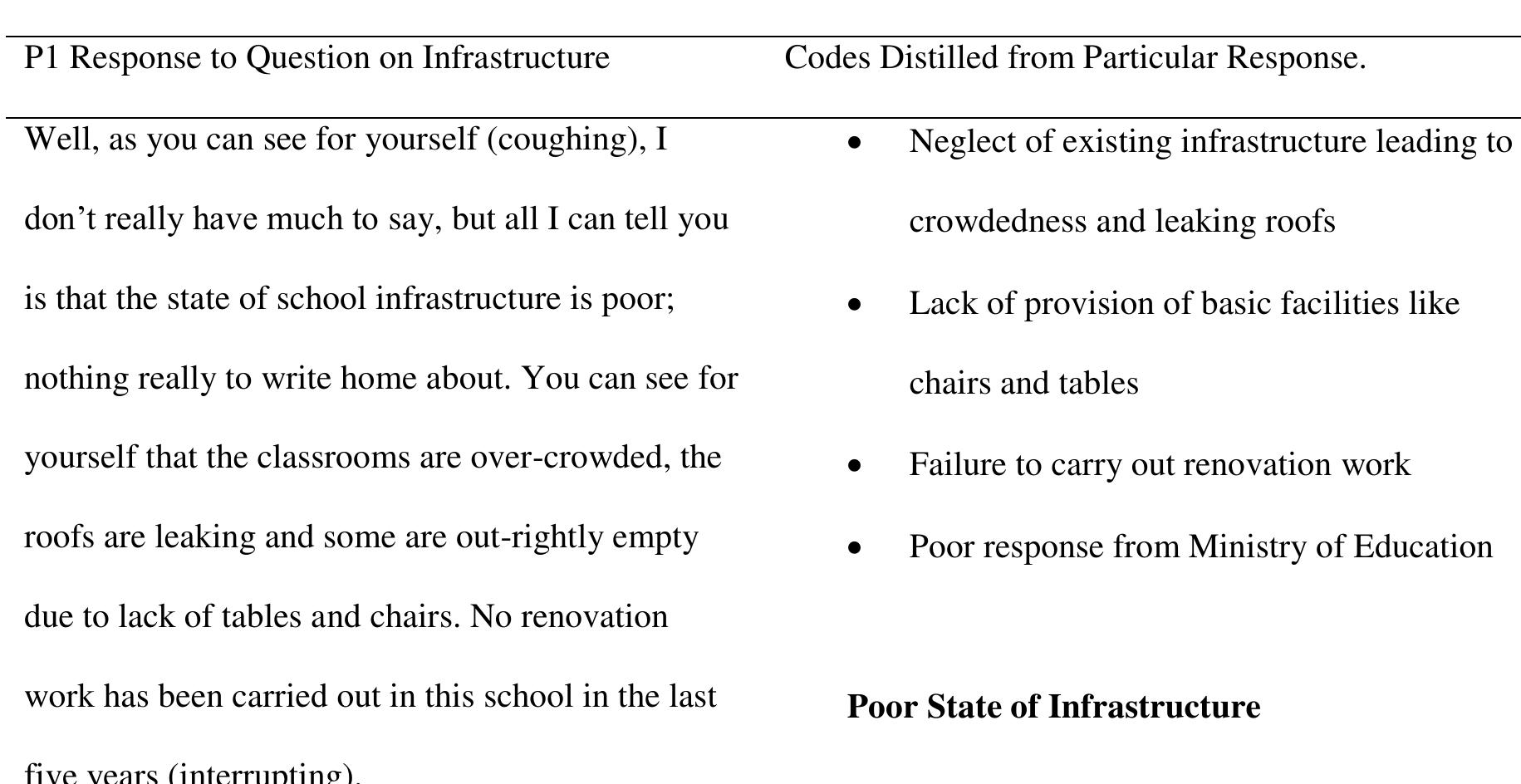Key research themes
1. How has the COVID-19 pandemic influenced child labor prevalence and risk factors globally?
This research theme investigates the multifaceted impact of the COVID-19 pandemic on child labor dynamics worldwide. It explores how pandemic-induced economic challenges, disruptions to education, and social protection deficits have accelerated child labor rates, increased hazardous work conditions, and affected vulnerable populations distinctively. Understanding this theme is crucial for developing responsive multi-sectoral policies and interventions that can sustain and advance prior gains against child labor in the post-pandemic era.
2. What are the socio-economic and cultural drivers of child labor in developing country contexts, with a focus on Africa and India?
This research theme examines the root causes of child labor, particularly the intersection of poverty, household economic needs, cultural norms, and educational access in developing countries. It highlights how family reliance on child income, traditional gender roles, rural-urban differentials, and systemic inequities shape child labor prevalence. Insights into these drivers allow for culturally sensitive, context-specific interventions for reducing child labor while addressing broader development challenges such as poverty alleviation and education enhancement.
3. How can policies and conceptual frameworks address the definition and harms of child labor to improve interventions?
This research theme focuses on critical assessments of child labor policies, the conceptualization of harm associated with children's work, and the efficacy of existing international frameworks (e.g., ILO Conventions 138 and 182). It interrogates the binary constructions of harmful versus harmless work, challenges oversimplified policy discourses, and promotes nuanced, contextually grounded approaches that reconcile legal standards with cultural realities. Such reflections guide the design of more holistic and participatory interventions to safeguard children's rights and wellbeing.




























































































































